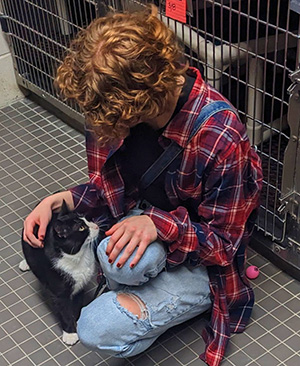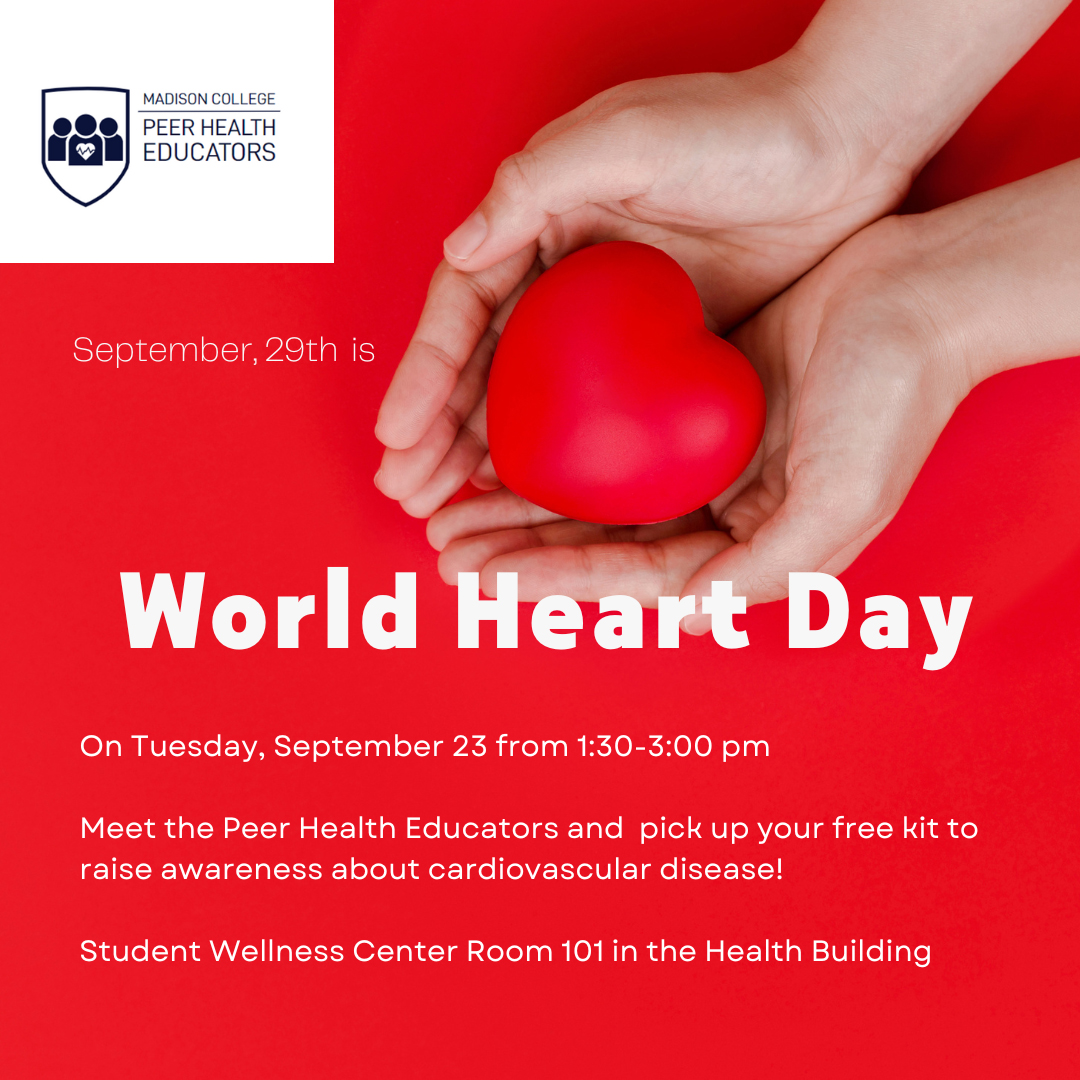Everywhere you look and everything you touch is crawling with organisms, even your own hands. Some are harmful and make us sick, like E. Coli strain 0175:H7. Others help us out, like the E. Coli that lives in our gut that helps us digest food and absorb vitamins. Good organisms also help keep the bad ones in check.
An experiment to determine which common disinfecting agents work best at reducing organisms living on surfaces took place as part of Dr. Jean Schoeni’s biohazard class, which is a part of the Biotechnology Laboratory Technician program.
The students began by growing E. Coli in small dishes, and then exposed them to disinfectants.
The experiment revealed some surprising results. Hand disinfectant, which is widely used and found in Madison College hallways, is not as effective as expected. The goal is to decrease the number of organisms to prevent cross contamination. For example, shaking hands with someone who has just finished wiping a child’s nose with a damp tissue.
Washing hands frequently in addition to the sanitizer works best, Schoeni said. In fact, she notes, washing hands with vigorous rubbing, and drying with a paper towel, will cut down on the growth as well. Many believe that air-drying is a safer hand-drying method, but it only demonstrates another common misconception people have about hand cleaning. Their research also established that disinfectant spray is much more effective than their current method of cleaning the countertops with an ethanol solution. Unfortunately, the budget does not allow them to use the more expensive spray.
When bleach, 70 percent ethanol, vinegar and disinfectant spray were tested, disinfectant spray came out on top. Vinegar was second best, and bleach and 70 percent ethanol came in last. Once again though, Schoeni stressed that soap and water, with vigorous scrubbing, can also do a good job for most situations. The location being disinfected should impact the choice of disinfectant. For instance, a butcher shop or daycare center will need more vigorous and frequent cleaning than a dining room chair you use on holidays.
This associate’s degree program prepares students to work in biotechnology research and with pharmaceutical companies, among other careers. Students are taking the program for a variety of reasons.
Schoeni, who is also a researcher and director of research at Covance in Madison, loves her role at Madison College because she has “a love for microbiology” and wants to “make ready a new generation of microbiologists.”
Their research comes at a perfect time considering the flu season is here. About 20 percent of the U.S. population will test positive for influenza this year, and as many as 49,000 will die according to the Centers for Disease Control and Prevention.
Ultimately, Schoeni and her team want people to become more aware and to make sure to read labels and understand that sanitizers aren’t going to be the answer. Students should utilize the convenient sanitizer stations around campus, but only between frequent washing. She added that everyone can play a big role in stopping the spread of viruses and bacteria. Stay clean and healthy during this holiday break.























